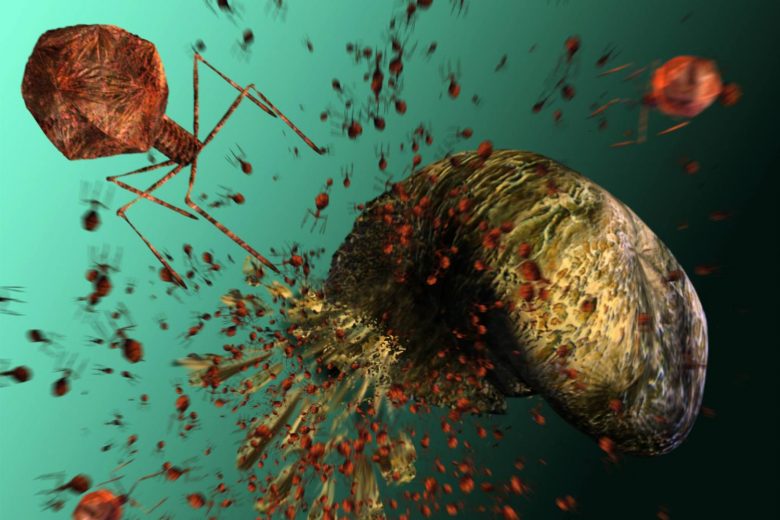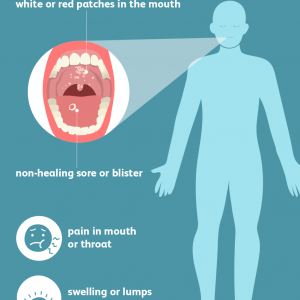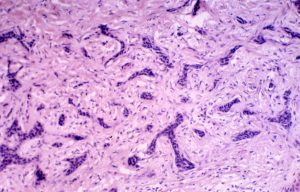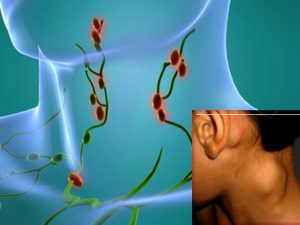Bacteriophages are bacteria viruses, natural microorganisms that, multiplying inside a bacterial cell, lead to its rapid death.
From the history of discovery
In 1896, the English bacteriologist E. Hankin, studying the antibacterial effect of the water of Indian rivers, came to the conclusion about the existence of an agent that passes through bacterial filters and causes lysis of cholera vibrios. The Russian microbiologist N.F. Gamaleya observed lysis of anthrax bacilli in 1897.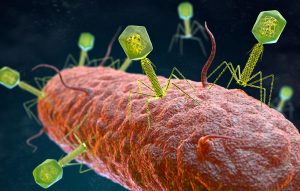 However, the first scientific publication on phages was an article by the English microbiologist F. Twort, in which he described in 1915 an infectious lesion of staphylococci, which significantly altered the morphology of colonies. In 1917, the Canadian bacteriologist F. D’Herelle, independently of Twort, announced the discovery of a virus “devouring” bacteria – a bacteriophage.
However, the first scientific publication on phages was an article by the English microbiologist F. Twort, in which he described in 1915 an infectious lesion of staphylococci, which significantly altered the morphology of colonies. In 1917, the Canadian bacteriologist F. D’Herelle, independently of Twort, announced the discovery of a virus “devouring” bacteria – a bacteriophage.
An interesting fact: when a bacteriophage is applied to moist mucous membranes, it clears them from a certain type of bacteria, for example, from staphylococcus, in 20 minutes. No antibiotic works that quickly.
The action of bacteriophages differs from the action of antibiotics:
For a certain type of bacteria, there is a specific bacteriophage. But it should be noted that not all bacteria have bacteriophages (this is the main drawback of these drugs). To resolve the issue of which therapy to choose for the treatment of infection, the doctor must first take material for sowing on flora with an accurate determination of the type of pathogen and only after receiving an analysis for the sensitivity of the microorganism to bacteriophages, choose the drug.
Bacteriophages do not affect the normal flora (normal bacteria), therefore, bacteriophage treatment is environmentally friendly and does not require normal flora correction.
Bacteriophages do not affect the human body, since they are unable to penetrate human cells. Therefore, bacteriophages are non-toxic and do not cause side effects.
After the destruction of the pathogen, they are eliminated (self-excreted) from the body.
Bacteriophages are easy to use: most are produced in liquid form. External irrigation is available with local application, rinsing, in the form of microclysters for intestinal infections. But bacteriophages act only locally, that is, exactly where you use them when rinsing, irrigating and instilling them. Unlike antibiotics, which, when taken orally, are distributed throughout the body and act in all organs and tissues.
Bacteriophages stimulate local immunity, as the particles of the killed bacteria induce the immune system to produce specific antibodies. Because of this property, bacteriophages are the drug of choice in the treatment of bacterial carriers (for example, staphylococcal carriers) and chronic forms of bacterial infections.
Combine with other drugs, including antibiotics https://en.wikipedia.org/wiki/Antibiotic. Their combined use leads to a quick recovery from a bacterial infection.
By the combination of the described properties, bacteriophages are applicable as the main drug for the treatment of bacterial infections in pregnant women, children from birth and the elderly, as well as in cases where there is a multi-resistance of the microorganism to antibiotics.
